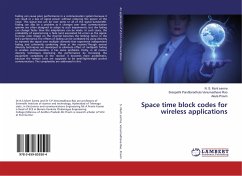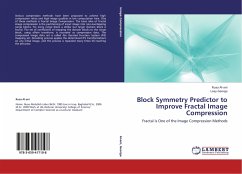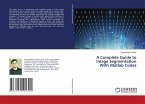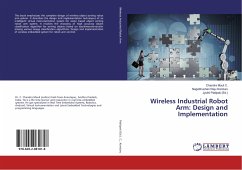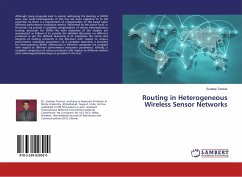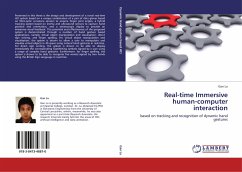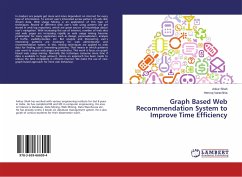Fading can cause poor performance in a communication system because it can result in a loss of signal power without reducing the power of the noise. This signal loss can be over some or all of the signal bandwidth. Fading can also be a problem as it changes over time: communication systems are often designed to adapt to such impairments, but the fading can change faster than the adaptations can be made. In such cases, the probability of experiencing a fade (and associated bit errors as the signal-to-noise ratio drops) on the channel becomes the limiting factor in the link's performance.The effects of fading can be combated by using diversity to transmit the signal over multiple channels that experience independent fading and coherently combining them at the receiver.Though several diversity techniques are developed to eliminate effect of multipath fading in wireless communication, it has some problems. Firstly, in all receive diversity techniques improving the performance by increasing the equipment complexity at the receiver it becomes more problematic, because the remote units are supposed to be small lightweight pocket communicators. The complexities are addressed in this.
Bitte wählen Sie Ihr Anliegen aus.
Rechnungen
Retourenschein anfordern
Bestellstatus
Storno

